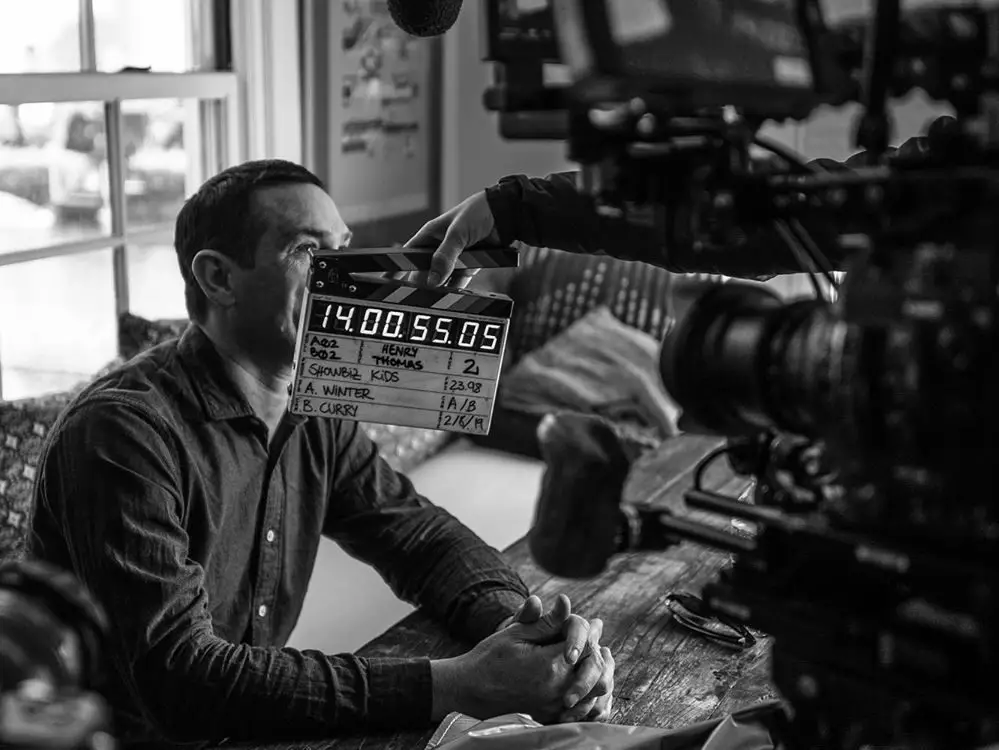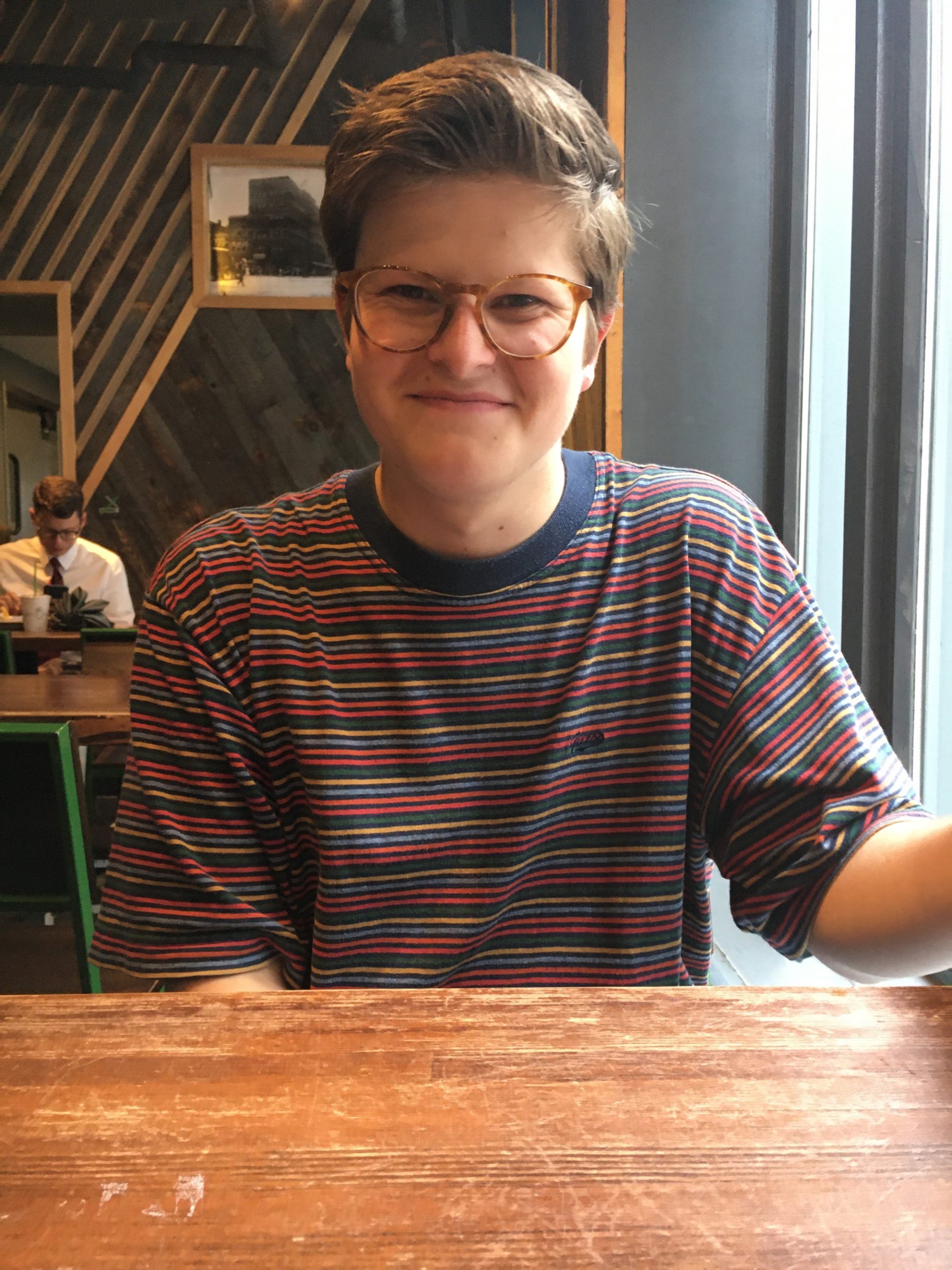When looking to both the former and contemporary pint-sized actors of Hollywood, consumers also tend to imagine those who have fallen from grace. Judy Garland, Amanda Bynes and River Phoenix are only a sliver of those who fell victim to the gluttonous maw of Hollywood. More often than not, the media at large has typified their toppling as a failure, something to dangle over their heads as proof of weakness. Director Alex Winter, a former child star himself, reshapes this narrative in “Showbiz Kids,” a documentary that unveils the evidently complex and grim facets of young stardom.
Fame, once conceptualized by Socrates as being the “perfume of heroic deeds,” certainly mutated as the motion picture came to assert itself as a force of entertainment in the early 20th century. The basic notion of being famous entailed cultural visibility, which led Hollywood to capitalize on not only the films, but also the featured actors.
Unlike the established celebrities who ambled off to parties and lavish homes, young actors remained adolescent when the film stopped rolling. Innocence was not just a role that children were hired to play, it was their real-life existence. Yet, demanding shoot schedules and high expectations left many without a childhood to look back upon.
“I went to work at two. I thought every parent had worked as a child for their parents… There was a belief in Hollywood that children were rubber and flexible,” says Diana Serra Carry, known as “Baby Peggy” in her heyday.
When she died in February of this year, most obituaries remembered Carry as a “child star.” By general principle, the term denigrates an adolescent’s existence later in life. It implies that actors should and will be fundamentally defined by one or two successful films decades prior. If they become a parent, doctor or successful writer, they are still inherently bound to their former lifestyle.
Yes, they may have spent some time up on the silver screen, but when are they allowed to step away from that identity?
Signed up, signed away
Soon after contracts are signed, most young actors find the rug is deceptively pulled out from under them. The public understands the spotlight as something desirable and coveted, but the kids themselves are almost always blinded by it.
This fame certainly indicates a lucrative career, but most fail to understand just how long the golden moment lasts. Diana Serra Carry shared that the curtains closed for her after squabbles over money — her father fought with producers and ultimately ensured the end of Carry’s career. She was only seven.
These testimonies from former actors are arguably the most endearing aspect of “Showbiz Kids,” in which the blurred fiction of young Hollywood is clarified by the actual source material. Winter also sits down with two current children trying to make it in showbusiness.
Marc, who doesn’t seem too keen on the idea of acting, ends up returning to Florida at the end of the pilot season without any bookings. Demi, on the other hand, exemplifies the rare luck that some may find: Her resume includes performances in “School of Rock” and “The Lion King.” At one point, Demi shares how she has always wanted to go to sleepaway camp, but by the end of the documentary, it’s clear she never got to go. Once again, the audience sees the tradeoff between a “normal” childhood and a desire for success.
In “Showbiz Kids,” writer and actor Wil Wheaton looks back at the genesis of his film career sullenly, when much of the drive to audition came from his mother. While he found success, he says his mother may “have gone a little too far in encouraging me to go into the industry that she wanted to go into.”
This experience stems from the countless stage mothers who forced their children in front of a camera. Fat paychecks distract parents from contemplating whether this desire for notoriety is intrinsic to the child, or a narrative fabricated by the parental figure. Wheaton posits a crucial question: What 7-year-old wants to go to work?
While older actors willingly delve into a dangerous Hollywood narrative, children, conversely, lack the autonomy or urgency to understand how the industry creates inhibition within young actors. The documentary highlights precisely why so many experience this rise and fall from grace. More often than not, it’s impossible to jump ship once they find success.
When the shimmer fades
When these children broke into the mainstream, their personal wants and needs were usually dismissed. Evan Rachel Wood, now known for her work on “Westworld,” emphasizes that “it would be very disappointing to people if I didn’t want to [act] because I was talented… I didn’t feel like I could stop.”
Most envisage life as a young celebrity with negative connotations, quickly associating early success with rampant drug use and unfavorable public appearances. Of course, this isn’t entirely inaccurate given the various meltdowns associated with young stardom. In turn though, it complicates a young actor’s role off set, where fans still swarm them with attention.
“If I had to cultivate my career as a young person under the spotlight as young people have to cultivate their career today, I don’t know who I would’ve become,” Jada Pinkett Smith adds.
These children are toted around by an entourage while working on movie sets, but once the actor falls into these rhythms of dependency, everyone moves on to the next big thing. When drug use or other struggles come to redefine their public image, no one appears to question who had a stake in rearing the “child star.”
“We’re doing our best on the set, but then we have to do it in public. One day, it’s gone, and you don’t know what to do anymore,” Wheaton underscores.
“Showbiz Kids” is not the only media that exposes the dangers of a high profile life in Hollywood as a child, but its nuanced approached to understanding these experiences suggests a new conversation altogether. Rather than exploit a child’s downfall in tabloids and across the internet, maybe the general public needs to start listening in the first place.

















